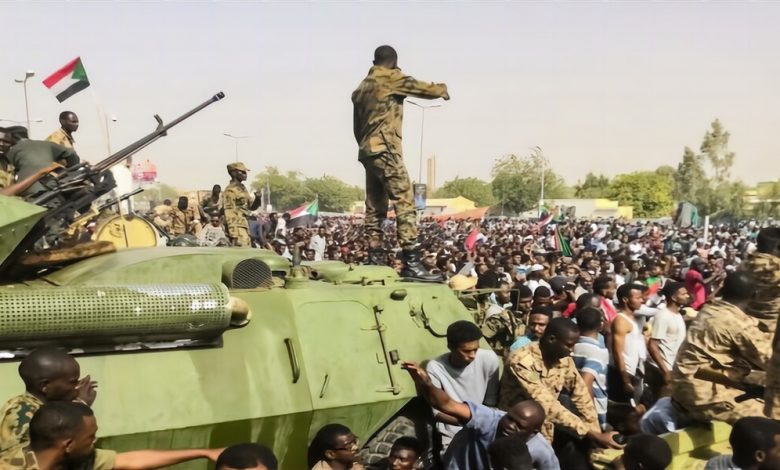
Following the worst day of anti-coup mobilisation since the October 25 coup, the new military administration has made a move toward reconciliation.
The crackdown had been mounting for more than three weeks, and the generals had underlined their power by shutting off Sudanese telephone service on Wednesday.
However, after a brutal day of mobilisation in which the army killed 15 protestors, General Abdel Fattah al-Burhane opted to defuse tensions.
His administration restored phone connections on Wednesday night, and the internet was reconnected later in the afternoon.
Activists quickly took to social media to urge Sudanese to share recordings and any other evidence that may attest to the brutality of the previous day’s rallies.
“We will continue to demonstrate peacefully until the fall of the coup plotters,” said the Umma party, the country’s biggest, while hundreds of activists, journalists, and ordinary citizens have been imprisoned.
Sudanese activists are pressing for a civilian government after almost 65 years of military rule.
The European Union condemned the “senseless and unacceptable killings”. UN expert on freedom of association Clement Voule urged “the international community to put pressure on Sudan to immediately stop the repression”.
However, yesterday’s tragic event has affected protestors, as evident from the stark difference in protestor numbers. On October 30 and November 13, tens of thousands marched; on Wednesday, barely hundreds marched.
On Thursday, appeals for “civil disobedience” were greeted with silence in the streets, which had reopened to regular traffic.
